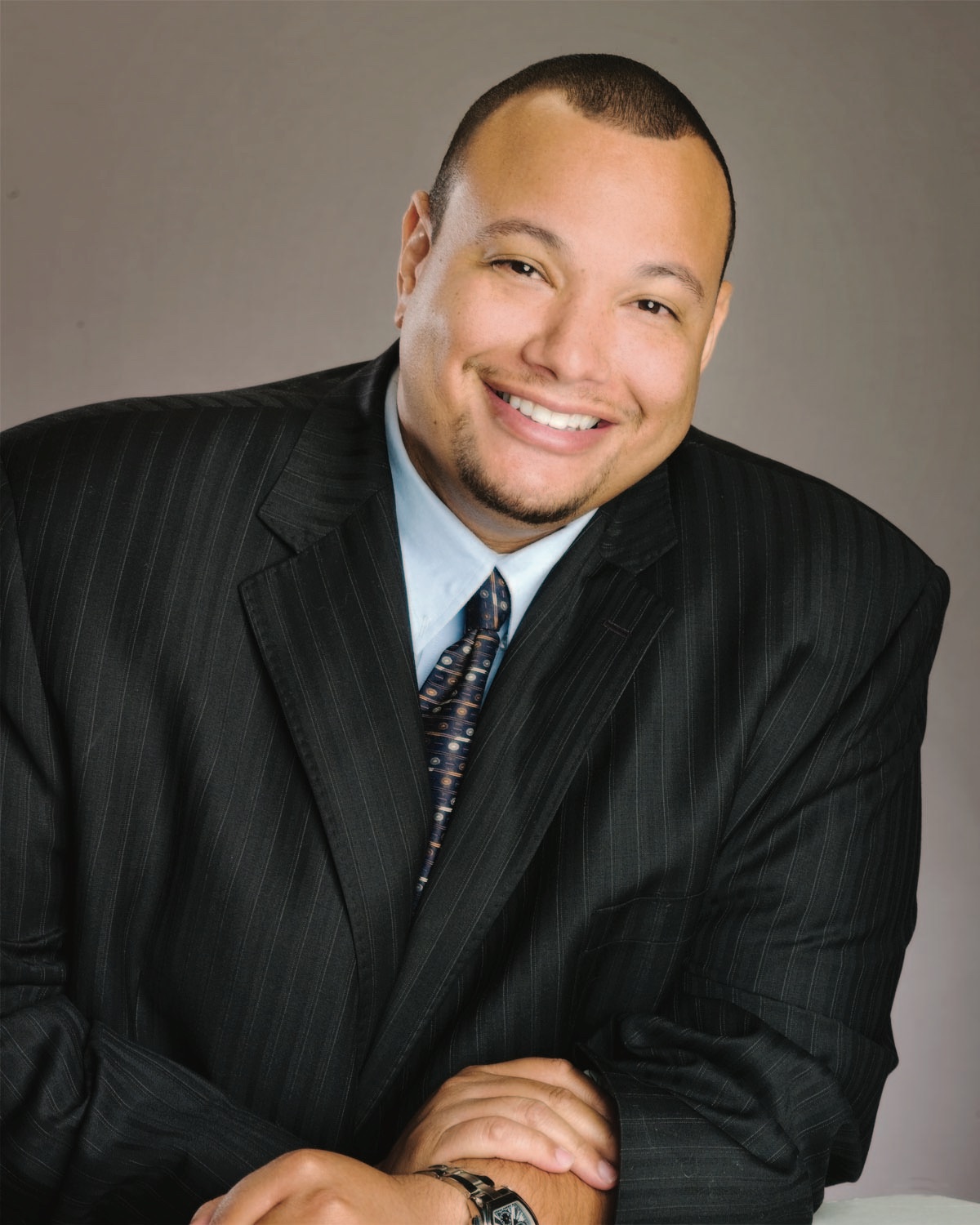(Orlando Sentinel) The Disney-Marvel movie “Black Panther” is an iconic black cultural revolution, revival and renaissance that intelligently interrogates nativism, privilege and influence that fortifies global apathy toward poor and disenfranchised people.
“Black Panther” had an epic debut weekend, grossing $201.8 million and $426.6 million in global ticket sales. It is the fifth highest-grossing movie opening in history, and the most profitable “black” movie ever.
As a youth in Los Angeles in the 1970s, I dreamed of Hollywood birthing a black-conscious superhero movie. I imagined one with superhuman strength, futuristic technology and deadly fighting skills — a master of African martial arts like Laamb and Nubawresting, Dambe and Musangwe boxing, Engolgo kicking, Nguniand Istunka stick fighting and modern Angolan capoeira. Nearly five decades later, “Black Panther” delivers.
This is the first major superhero movie with a black director, black executive producer, black writers, black costume and production designers and, most important, a nearly all black cast. Its two talented African-American stars, Chadwick Boseman and Michael B. Jordan, deliver stellar performances. If that weren’t enough, Angela Bassett and Forest Whitaker illuminate the stage along with other actors of African descent, including Lupita Nyongo (Kenyan origin) of “Star Wars,” Danai Gurira (Zimbabwe) of “The Walking Dead” and Daniel Kaluuya (an African-American of Ugandan origin) of “Get Out.” “Black Panther” director Ryan Coogler, executive producer Nate Moore, and music curator Kendrick Lamar deliver a masterpiece.
Boseman plays King T’Challa, the sovereign leader of Wakanda, a humane, democratic, wealthy and technologically advanced society of black people. The king of Wakanda also doubles as the Black Panther, a sophisticated black African warrior with panther-like superpowers he uses to protect Wakanda and fight evil.
Wakanda is not simply a fictitious African nation; it’s an ideal embedded in the imagination and souls of black folk and liberation-orientated discourses on black power and Pan-Africanism. Harriet Tubman and Nat Turner imagined Wakanda. A predominant theme that contextualizes the counter-nativist message of “Black Panther” is the tension between using Wakanda’s extraordinary wealth, technology and power for Wakanda or employing it to help other African nations and disenfranchised blacks in, for example, the United States. The secret source of Wakanda’s power is vibranium – an inestimable celestial metal found only in Wakanda.
The movie brilliantly reinvigorates this tension by unearthing two classical Pan-Africanist questions that shape black history and form a vital part of the black international tradition:
- To what extent, if any, should violence be used as a tactic in black liberation?
- What role, if any, should African nations play in liberating blacks in Africa and in the diaspora?
These questions have preoccupied black intellectuals, warriors and leaders for centuries including, among others, Yaa Asantewa, Queen Nzinga, C.L.R. James, W.E.B. Du Bois, George Padmore, Marcus Garvey, Martin Luther King Jr., Malcolm X, Winnie Mandela, Assata Shakur, Kwame Nkrumah, Sékou Touré and Jomo Kenyatta.
The nativist “Wakanda First” and continentalist “Africa First” approaches represent two flawed ideologies that have undermined Pan-Africanism and Africa’s ability to empower itself, and be empowered by the Black Diaspora. Pan-Africanism is the internationalization of African liberation philosophy, which seeks to unify and empower black people all over the world to demand and attain freedom, equality, and justice from the domestic and global forces of white domination, and maximize their human potential.
These ideological schisms are boldly illuminated by Jordan’s character Killmonger, T’Challa’s abandoned royal cousin and nemesis — a minted Navy SEAL black-ops executioner, who grew up as an African-American in Oakland’s projects. Killmonger’s pro-black persona resonates with most black Americans. He is a dark hero, an uncomfortable combination of Marcus Garvey and Joseph Stalin, seeking to use Wakanda’s great resources and advanced weaponry to reverse the balance of power between blacks and whites because, in his words, “[w]here I’m from, when black folks started revolutions, they never had the firepower or the resources to fight their oppressors.” Killmonger sought to arm black people worldwide, to “rise up and kill those in power.”
While King T’Challa disagrees with Killmonger’s bloodthirsty scheme, he ultimately declares that Wakanda must empower poor and disenfranchised blacks and others through STEM education beginning in Oakland, thereby, raising a vital question: What if African states actually utilized their sovereignty, ingenuity and vast resources to empower black Americans to predominate America’s political and economic landscape?
Jeremy Levitt is the distinguished professor of international law at the Florida A&M University College of Law. @drjeremylevitt

